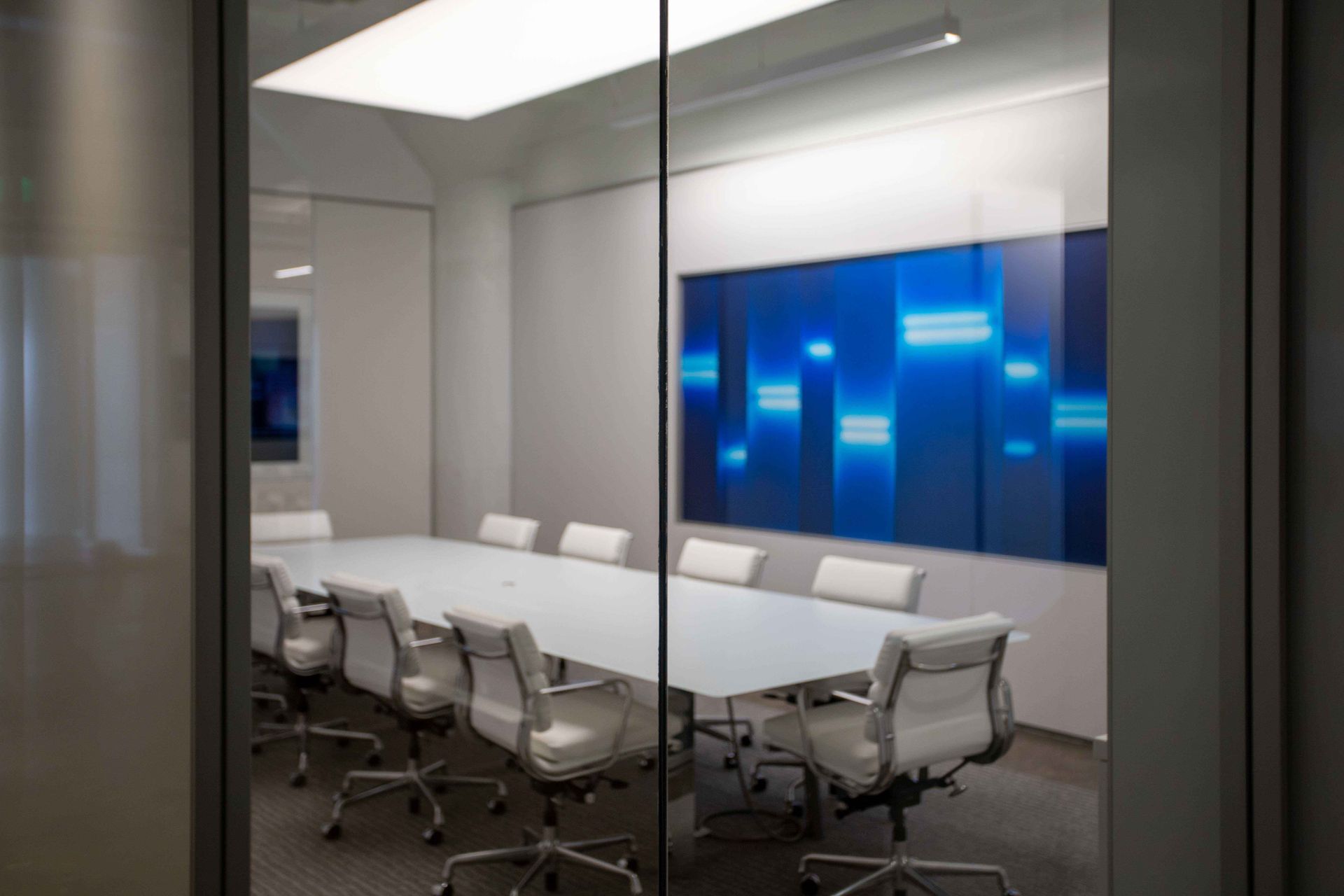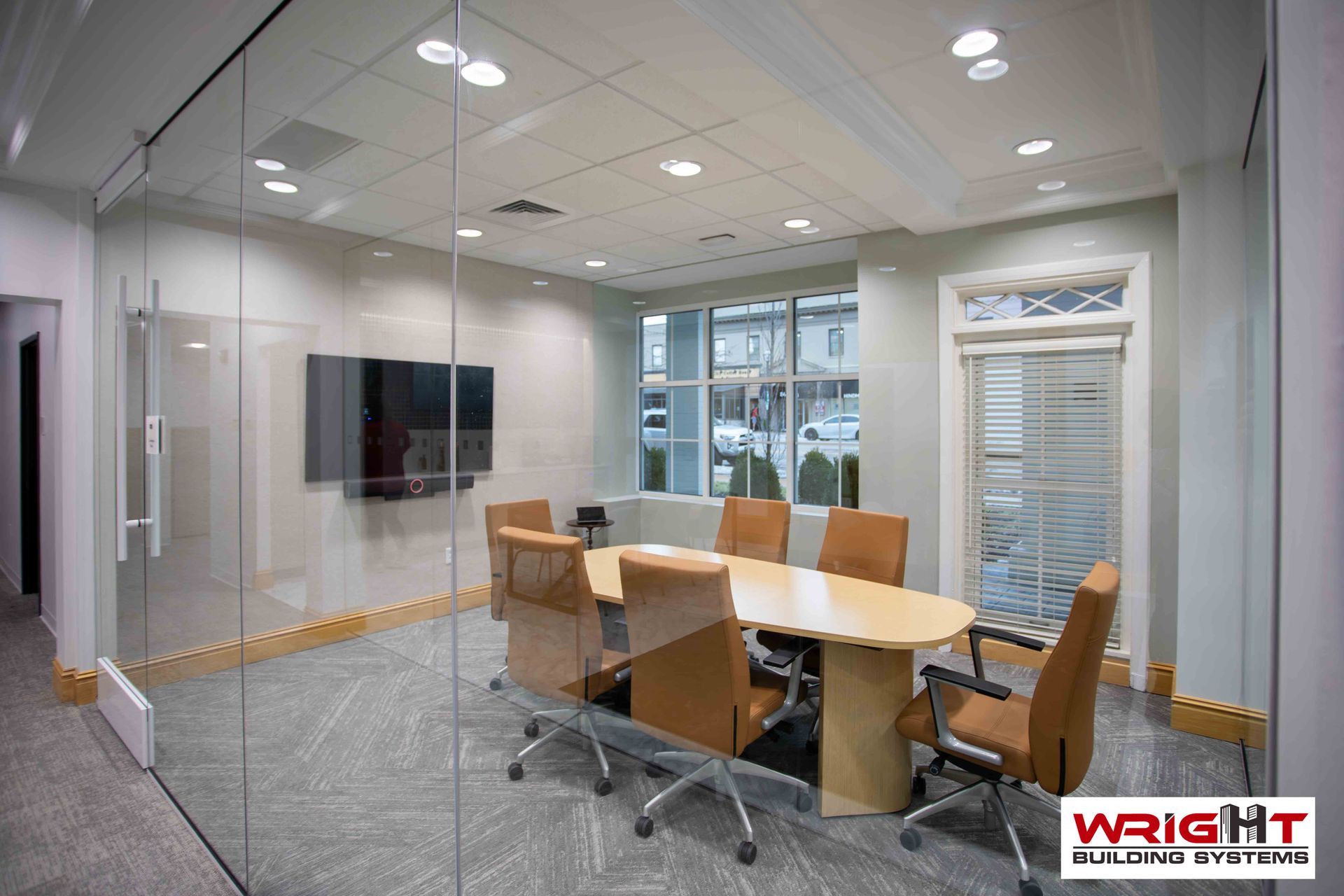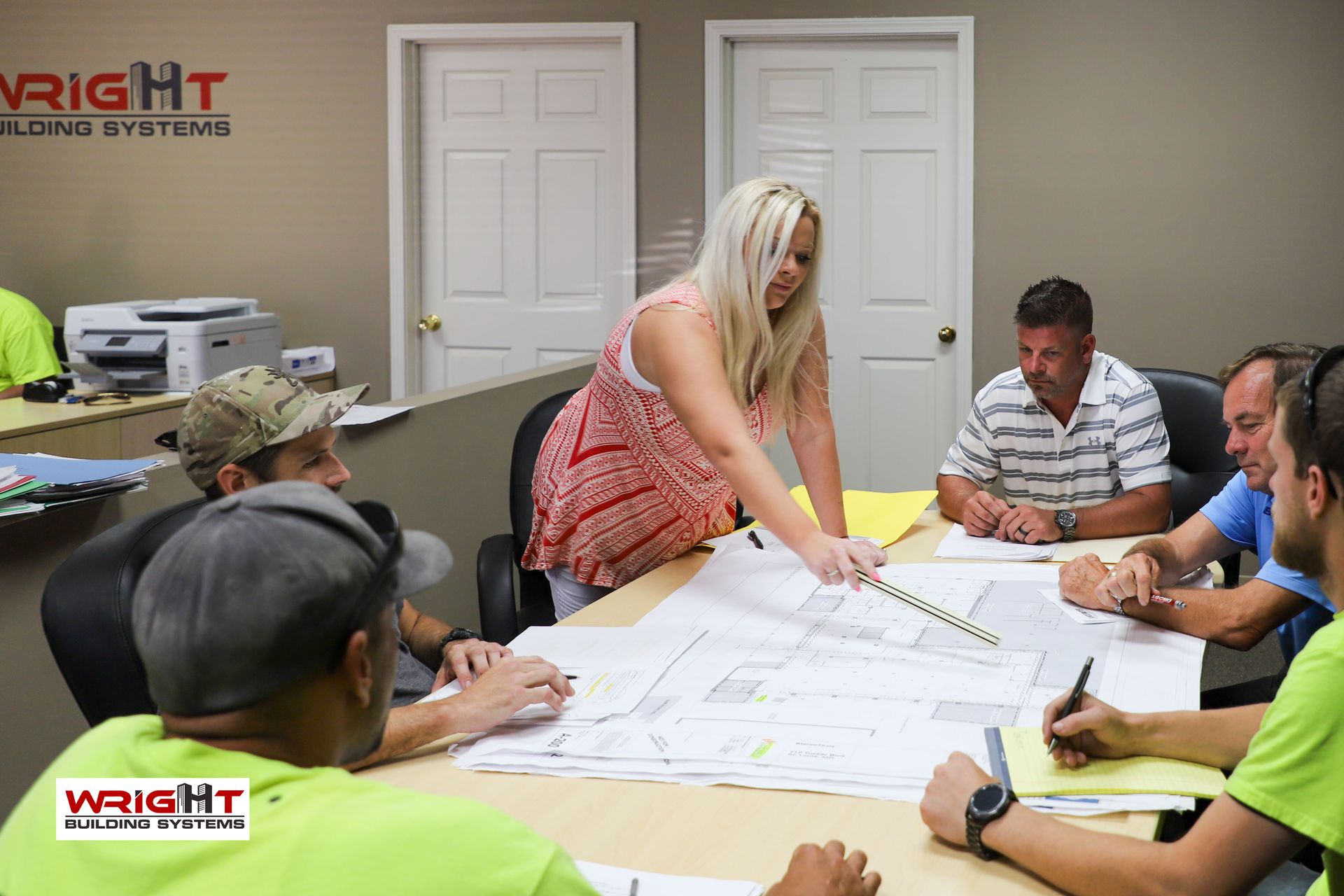The Importance of Historic Building Preservation
Historic buildings are a tangible representation of our past, embodying cultural, architectural, and aesthetic heritage. These buildings' preservation is vital to maintaining our communities' unique character and fostering a sense of history, identity, and community. In this blog post, we will explore the importance of historic building preservation and the role of commercial construction companies in renovating these structures with responsibility and respect for their past.
Cultural Heritage
Historical buildings represent the cultural heritage of a community, reflecting the values, beliefs, and traditions of past generations. The preservation of these structures helps maintain communities' cultural fabric and pass down this cultural heritage to future generations.
Architectural Significance
Many historic buildings are architectural landmarks, representing unique styles, construction techniques, and materials that are now rarely used. These structures are a testament to the ingenuity and creativity of past architects and builders, and their preservation helps to ensure that future generations can appreciate their beauty and historical significance.
Economic Benefits
The preservation of historical buildings can provide a range of economic benefits to communities, including creating jobs in the construction and restoration trades, revitalizing neighborhoods, and attracting tourists to the area. This can boost local economies and provide a source of income for the community.
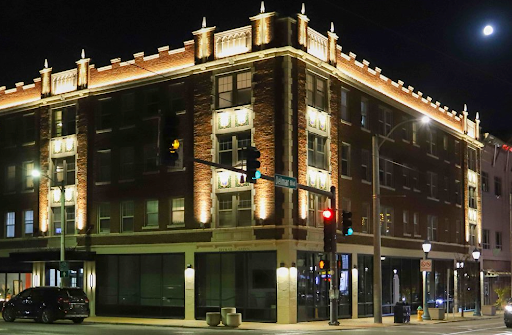
When renovating historic buildings, it is essential to approach the process with respect for the structure's past and a commitment to preserving its cultural and architectural heritage. Below are some tips for commercial construction companies looking to safely and responsibly renovate historic buildings:
Conduct a Thorough Survey
Before beginning any renovation work, it is crucial to conduct a thorough survey of the building, including a review of its architectural and historical significance, as well as an assessment of its physical condition. This will help to determine the scope of the renovation project and identify any potential challenges that may arise.
Work With a Specialist
Renovating a historical building requires expertise in various areas, from architecture to construction and preservation. It is essential to work with a specialist who has experience restoring similar structures and understands the unique challenges and requirements of historical preservation.
Use Appropriate Materials and Techniques
When renovating a historical building, it is vital to use materials and techniques that are appropriate for the structure that will help preserve its character and architectural heritage. This may include using traditional materials and construction techniques, such as stone masonry, or replicating original details and finishes.
Minimize Disturbance
It is essential to minimize structural disturbance during the renovation process. Commercial construction companies can accomplish this by using techniques such as scaffolding, blocking off areas of the site, or working with a specialized contractor who has experience working on historic buildings.
Consider Energy Efficiency
While preserving the historic character of a building is key, the construction team should also consider energy efficiency during the renovation process. This may include adding insulation, installing energy-efficient windows, or retrofitting the building with modern HVAC systems.
Involve the Community
The preservation of a historical building is not just about the structure itself but also about the community it serves. Those working on the renovation project should involve the community and consider their views and opinions. This can help build support for the preservation of the building and ensure that the outcome is historically accurate and beneficial to the community.
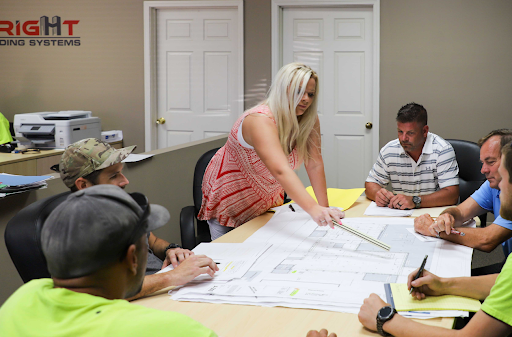
Meet the Requirements
Some buildings may be under certain protections if they are listed on the National Register of Historic Places. The National Register does not limit remodeling or renovation unless the property is involved in a federal project, but state and local laws may dictate what work can be done. The property owner should work with their respective State Historic Preservation Office. Between the property owner, the Preservation Office, and a responsible commercial construction company, the building can prepare for the future while still honoring its past.
Work With Wright Building Systems
Our WBS team is highly experienced in working with historic buildings. We've done projects on the Delmar Gardens Building, the Globe Building, and more. In these projects, we use responsible planning, materials, and techniques to ensure the historical integrity of the building remains intact. Although historic building renovations are one of our specialties, we take on all kinds of commercial construction projects. Let's
get in touch today!

